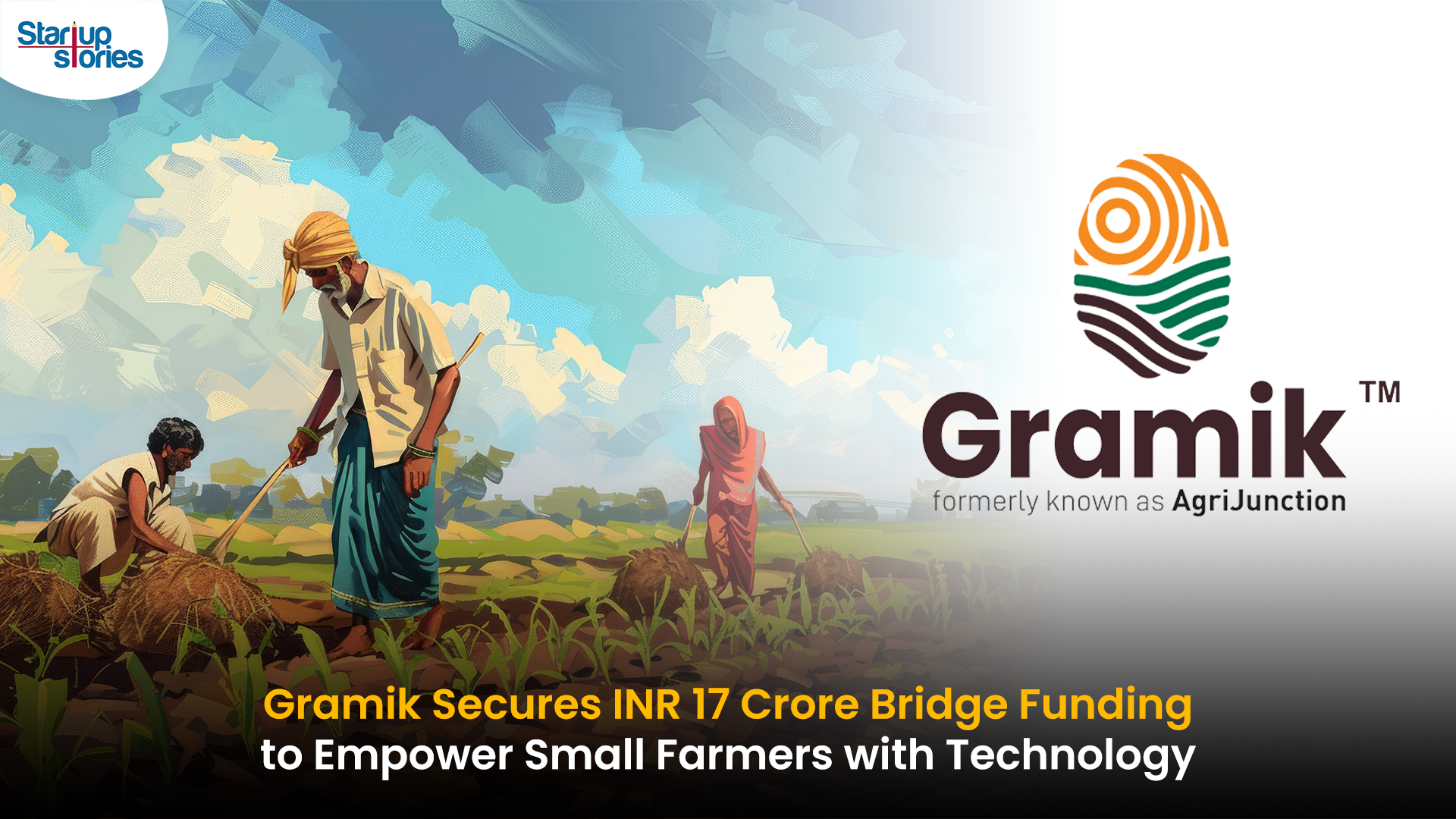Funding
Jeff Bezos: Amazon’s Boss Is the Richest Man In Modern History With A Net Worth $150 Billion!

Jeff Bezos is the richest man in modern history, are you listening people?
This fascinating news comes right after the e commerce giant Amazon’s stock price surged after its Prime Day sale. According to the Bloomberg Billionaires Index, Amazon.com Inc., founder’s net worth crossed $ 150 billion in New York, recently. Jeff Bezos who is 54 years old, surpassed Bill Gates in inflation adjusted terms. The $ 100 billion mark that Gates hit briefly in 1999 at the peak of the dot com boom in the US, would be now worth about $ 149 billion in today’s currency rate. Henceforth, making the Amazon chief executive officer richer than anyone else on earth since, how cool is that! The American CEO amassed more wealth than anyone, since 1982. That was the year in which Forbes started publishing its top 20 billionaires of 1982 list. Currently, the tech giant Microsoft’s founder Bill Gates stands second in the list followed by Warren Buffet, Bernard Arnault, Mark Zuckerberg and other executives. Bezos’ net worth has soared by $ 52 billion this year, which is more than the entire fortune of Mukesh Ambani, the newly crowned richest person in Asia. It also climbs Bezos’ personal fortune within spitting distance of the Walton family’s $ 151.5 billion. The Waltons are the world’s richest dynasty.
Amazon was founded by Bezos in the year 1994 as an online book store. Later it went ahead to expand its operations to sell a variety of products. Bezos first appeared on the Forbes 400 list of America’s richest people in 1998, with a net worth of $ 1.6 billion, a year after Amazon made its debut in the public market. After years of struggle and hard work, this e commerce giant announced its 304 million active member accounts toward the end of 2015. Moving on, Amazon’s stock soared by 60 % and its market values more than $ 890 billion.
Apart from Amazon, Jeff Bezos owns the American newspaper company Washington Post and the aerospace manufacturer Blue Origin.
Funding
Dazzl Raises $3.2M Seed Funding Led by OYO’s Ritesh Agarwal for AI Skincare Expansion

Bengaluru, January 13, 2026 Dazzl, the D2C beauty startup revolutionizing AI personalized skincare India, secured $3.2 million in seed funding led by OYO founder Ritesh Agarwal’s venture arm. Co-investors include Snapdeal’s Rohit Bansal and Fireside Ventures, valuing Dazzl at $15 million post-money. Founded in 2024 by IIT alumni Priya Singh and Arjun Mehta, the app uses smartphone scans for custom serums, boasting 50,000+ users and ₹5 crore ARR amid India’s $25 billion beauty market surge.
Ritesh Agarwal praised Dazzl’s tech: “Personalization is beauty’s future, like OYO’s guest model.” Funds target R&D for 100+ skin profiles, Gujarat manufacturing under PLI, Instagram/Nykaa campaigns, and 50 hires. In a 20% YoY growing sector (Redseer 2025), Dazzl edges Mamaearth and Plum with 95% AI precision, 90% natural formulas, ₹499 kits, 65% retention (vs. 40% avg), and viral TikTok traction in 10 cities.
D2C beauty startup Dazzl tackles regulations via FSSAI compliance, eyeing $10B e-commerce beauty by 2028 and MENA exports. Q2 haircare launches and Series A loom, with Agarwal’s backing signaling unicorn potential for sustainable beauty products India. Dazzl blends AI with clean beauty for 500M+ consumers.
Funding
Yali Capital Makes History with ₹893 Crore Deeptech Fund to Power Indian Innovation

Bangalore’s Yali Capital has closed its first deeptech-focused fund, raising a substantial ₹893 crore (about $104 million) and surpassing its initial ₹500 crore target. This major fundraising milestone highlights the growing appeal and investor confidence in India’s deeptech landscape, fueling innovation in pivotal sectors like semiconductors, artificial intelligence, robotics, aerospace, genomics, and smart manufacturing. The fund cements Yali Capital’s position as a key player driving progress in India’s burgeoning tech ecosystem.
Strategically, Yali Capital’s fund targets both early-stage (Seed, Series A) and later-stage (Series D and beyond) startups. Its diverse roster of Limited Partners (LPs) includes prominent corporations such as Infosys, Qualcomm Ventures, and Tata AIG, alongside government-backed organizations like the DPIIT Fund of Funds for Startups and the Self-Reliant India Fund. With heavyweight backers like Kris Gopalakrishnan (Infosys co-founder), Gopal Srinivasan (TVS Capital), and Utpal Sheth (RARE Enterprises), Yali Capital ensures robust strategic support. The firm’s dual structure—a SEBI-registered Alternative Investment Fund (AIF) and a GIFT City-based feeder vehicle—enables global investor participation, guided by tech luminary Lip-Bu Tan and managing partner Ganapathy Subramaniam.
Already, Yali Capital has invested in five breakthrough startups, including C2I Semiconductor, 4baseCare, and Perceptyne, focusing on chip design and AI. By devoting two-thirds of its fund to early-stage companies, Yali Capital underscores its commitment to nurturing next-generation Indian deeptech founders. This fundraising success aligns with a nationwide trend of surging investments in advanced technology and positions Yali Capital at the forefront of India’s drive toward self-reliance and global tech leadership.
Funding
Agritech Startup Gramik Raises INR 17 Crore to Expand Rural Commerce in India

- Gramik, a Lucknow-based agritech startup, has secured INR 17 crore in a bridge funding round ahead of its upcoming INR 56 crore Series A raise.
- The funding round included investments via Optionally Convertible Debentures (OCDs) and Compulsorily Convertible Debentures (CCDs).
- Key investors include Sammaan Global Ventures, Money Creeper Investment, and prominent angels such as Balram Yadav (MD & CEO, Godrej Agrovet), Gev Aryaton, Irfan Alam, Nikhil Bhagat, and Salvia Siddiqui.
Gramik’s Unique Peer Commerce Model
- Founded in 2021 by Raj Yadav, Gramik empowers over 120 million small and marginal farmers in India through a technology-driven rural commerce platform.
- The startup operates a dual-channel distribution network using Village-Level Entrepreneurs (VLEs) and rural retailers to deliver high-quality agri-inputs to remote areas.
- Gramik’s full-stack platform offers demand aggregation, logistics, embedded credit, and agronomy services, ensuring last-mile delivery and support for farmers.
Expansion Plans and Future Growth
- Gramik currently operates in 12 districts, with 1,200+ active VLEs and 250+ rural retail partners, and plans to expand to 3,000 VLEs and reach 1 million+ farmers across Uttar Pradesh, Maharashtra, and Jammu.
- The new funds will be used to expand Gramik’s private-label products, enhance agronomy-led farmer engagement, and scale operations in key states.
- With a strong focus on supply chain efficiency, technology, and farmer advisory services, Gramik aims to become a leader in India’s $50 billion agri-input and rural commerce market.
- Backed by previous seed funding of over INR 25 crore, Gramik is set to drive innovation and inclusive growth for rural communities.













Vejjzzsy
May 24, 2025 at 2:26 pm
Explore the ranked best online casinos of 2025. Compare bonuses, game selections, and trustworthiness of top platforms for secure and rewarding gameplaycasino slot machine.
Kuwin
November 5, 2025 at 1:24 pm
kuwin sở hữu kho game đa dạng từ slot đến trò chơi bài đổi thưởng, mang đến cho bạn những giây phút giải trí tuyệt vời.
iwin
November 9, 2025 at 10:51 am
iwin – nền tảng game bài đổi thưởng uy tín, nơi bạn có thể thử vận may và tận hưởng nhiều tựa game hấp
站群程序
November 10, 2025 at 12:37 am
搭载智能站群程序,自动化搭建与管理,为SEO项目提供核心驱动力。站群程序
谷歌蜘蛛池
November 13, 2025 at 10:29 pm
利用强大的谷歌蜘蛛池技术,大幅提升网站收录效率与页面抓取频率。谷歌蜘蛛池
J88
November 18, 2025 at 8:44 pm
Đến với J88, bạn sẽ được trải nghiệm dịch vụ cá cược chuyên nghiệp cùng hàng ngàn sự kiện khuyến mãi độc quyền.
MM88
November 20, 2025 at 11:52 am
Với giao diện mượt mà và ưu đãi hấp dẫn, MM88 là lựa chọn lý tưởng cho các tín đồ giải trí trực tuyến.
MM88
November 22, 2025 at 10:51 pm
Khám phá thế giới giải trí trực tuyến đỉnh cao tại MM88, nơi mang đến những trải nghiệm cá cược thể thao và casino sống động.
GO88
November 24, 2025 at 3:37 pm
Tham gia cộng đồng game thủ tại Go88 để trải nghiệm các trò chơi bài, poker phổ biến nhất hiện nay.
Slope 2
December 2, 2025 at 12:31 pm
This helped me understand the topic much better. Thanks!
online Gambling
December 18, 2025 at 12:18 pm
online Gambling online Gambling